As she sat in the doctor's office, staring at the stack of paperwork and insurance cards in front of her, Sarah couldn't help but feel overwhelmed. She had just been diagnosed with a chronic condition, and the thought of navigating the complex world of health insurance was daunting. "I just want to know what I'm getting myself into," she said to her husband, trying to make sense of the fine print. "I don't want to get stuck with a plan that doesn't cover what I need."
Choosing a health insurance plan in the US can be a daunting task, especially for those who are new to the system or have complex medical needs. With so many options and jargon-filled terms, it's easy to get lost in the maze of health insurance. But, with the right questions and a little guidance, individuals can make informed decisions that will protect their health and their wallets.
In the US, health insurance is often tied to employment, and many people rely on their employer-sponsored plans to cover their medical needs. However, with the rise of the Affordable Care Act (ACA) and the growth of the individual market, more people are shopping for health insurance on their own. This can be a challenging and time-consuming process, especially for those who are not familiar with the terminology and nuances of health insurance.
One of the most critical factors to consider when choosing a health insurance plan is the network of providers. "A plan's network is like a map of the roads you can take to get to your destination," explains Dr. Rachel Nardin, a primary care physician in Boston. "If you have a plan with a narrow network, you may find that your preferred doctor is not in-network, which can limit your access to care." On the other hand, a plan with a broad network may offer more flexibility, but may also come with higher premiums.
Another key consideration is the level of coverage. "Most people think that a higher premium means better coverage," says Dr. Nardin. "But, in reality, the relationship between premium and coverage is not always linear." In other words, a plan with a higher premium may not necessarily offer more comprehensive coverage. "It's essential to read the fine print and understand what is and isn't covered," advises Dr. Nardin.
In addition to network and coverage, individuals should also consider the deductible, copays, and coinsurance. "These terms can be confusing, but they're essential to understanding the true cost of care," explains Dr. Nardin. A deductible is the amount you must pay out-of-pocket before your insurance kicks in, while copays are fixed fees for services like doctor visits and prescriptions. Coinsurance, on the other hand, is the percentage of costs that you must pay after meeting your deductible.
For Sarah, understanding these terms was crucial. She had a chronic condition that required regular medication and doctor visits. "I knew I needed a plan with a low deductible and a reasonable copay for my medication," she says. After researching and comparing plans, she found a plan that met her needs and budget.
Experts recommend that individuals take their time when choosing a health insurance plan. "Don't rush into a decision," advises Dr. Nardin. "Take the time to read the fine print, ask questions, and understand the terms." Additionally, individuals should consider seeking the advice of a licensed insurance broker or a patient advocate who can help navigate the complex world of health insurance.
As Sarah navigated the complex world of health insurance, she learned that choosing the right plan was not just about finding a plan that covered her medical needs, but also about finding a plan that fit her lifestyle and budget. With the right guidance and support, individuals can make informed decisions that will protect their health and their wallets.
In the end, choosing a health insurance plan is a personal decision that requires careful consideration and research. By asking the right questions, understanding the terminology, and seeking expert advice, individuals can find a plan that meets their needs and provides peace of mind. As Sarah's experience shows, with the right plan in place, individuals can focus on what matters most – their health and well-being.
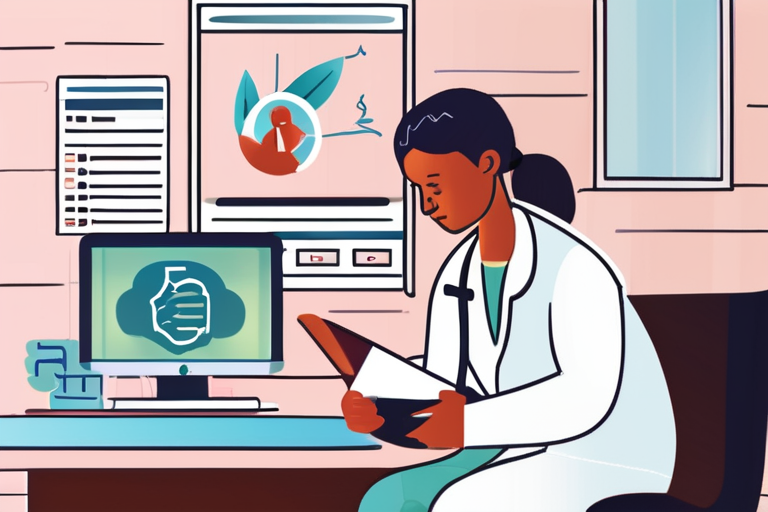





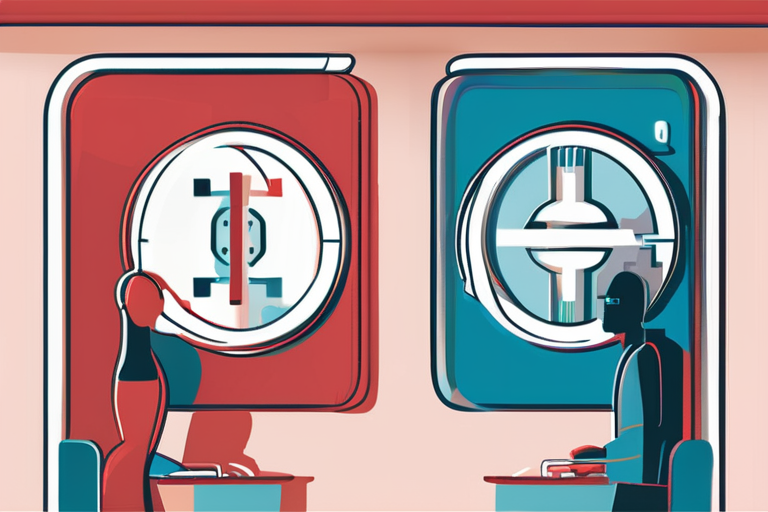


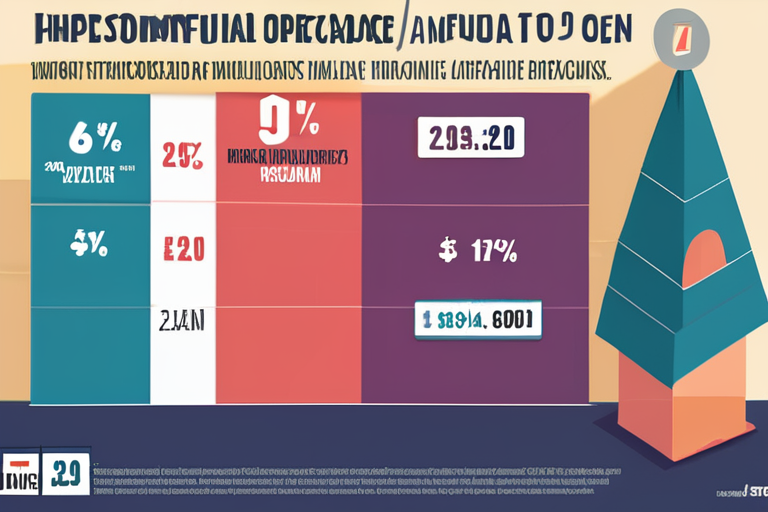





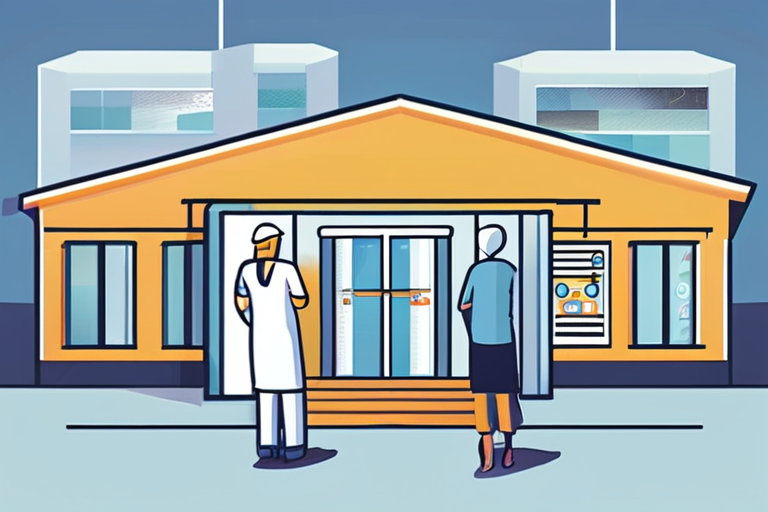



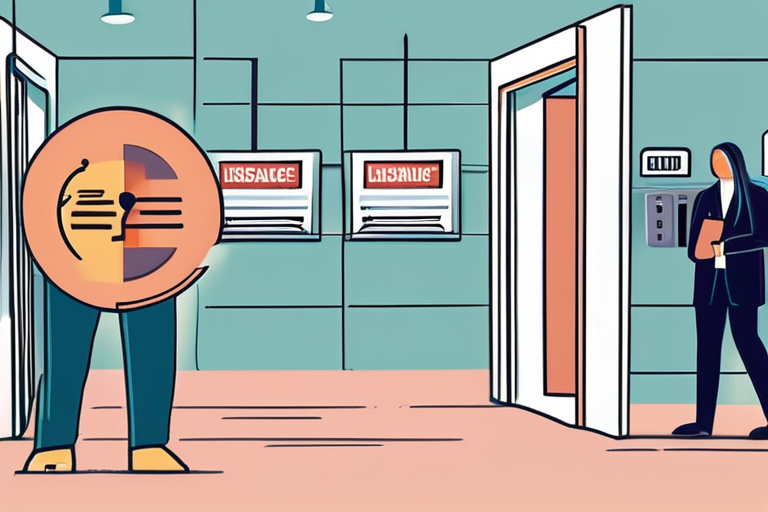


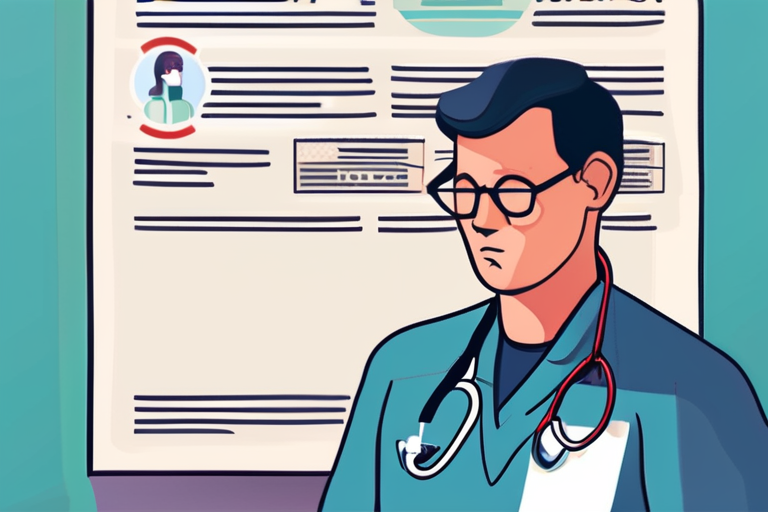




Share & Engage Share
Share this article